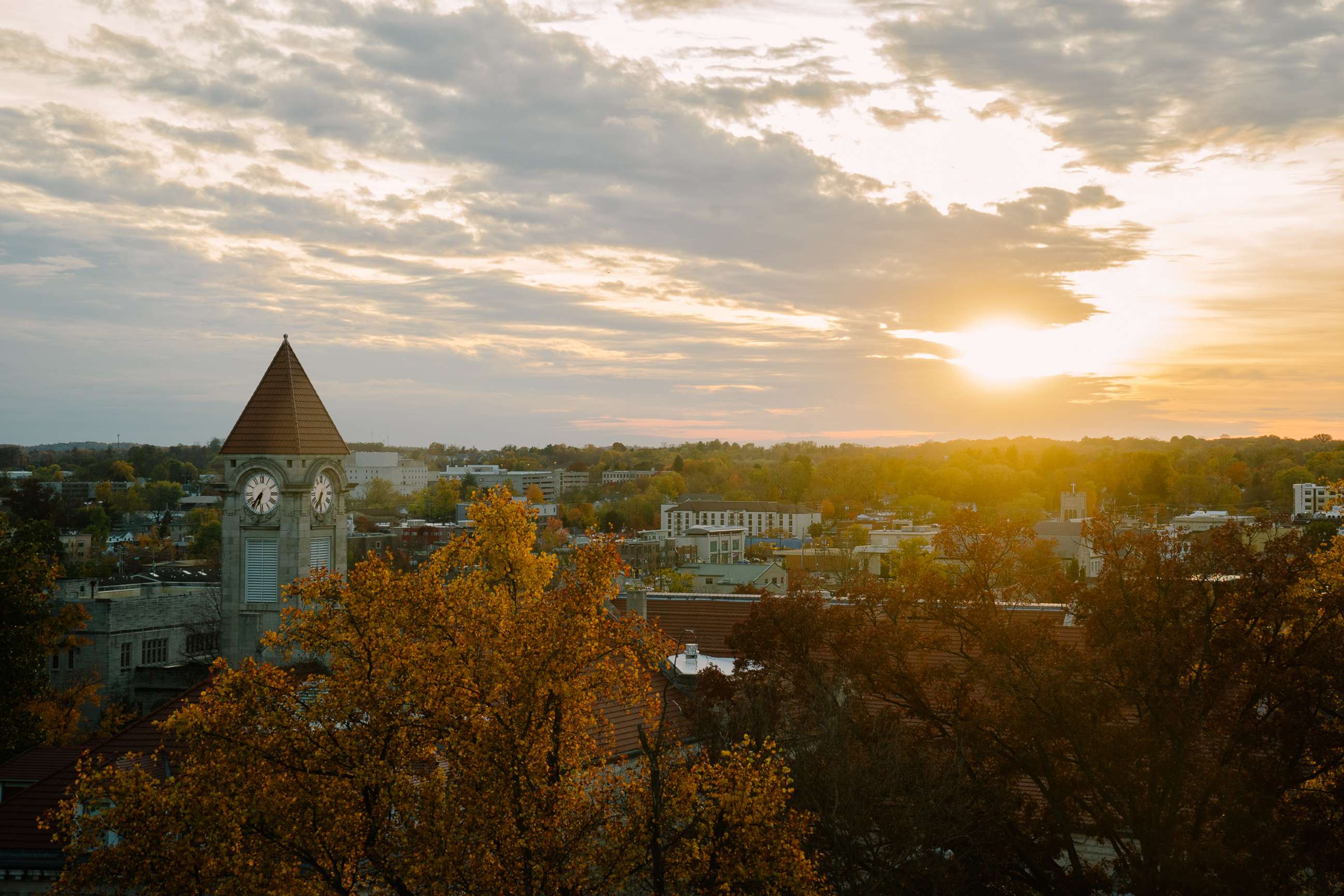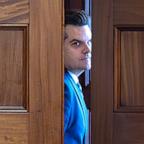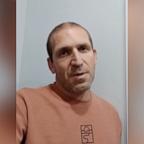Cornell suspends, bans students over growing cluster of cases
Cornell University said Thursday it has suspended and banned students from campus after finding a cluster of at least 39 COVID-19 cases traced to gatherings where students did not wear masks or observe social distancing.
In a sternly worded statement, school officials said that the local health department identified 39 cases in the past six days tied to the gatherings. Most of those cases -- 36 -- were among student athletes.
"While these clusters represent approximately only 0.1% of our campus population, and a very small percentage of our student athletes, it points to a dangerous disregard by a group of students for the behavioral guidelines that we established to protect the public health of our community," Provost Mike Kotlikoff and Vice President of Student and Campus Life Ryan Lombardi said in the statement.

All of the infected students are in isolation, and their contacts are being quarantined, officials said. The situation is still "manageable," but they warned that "there is the potential for just a few small student gatherings to destroy all our plans for an in-person semester."
"The rapid growth of cases in these recent clusters puts us perilously close to needing to take drastic action, such as moving to wholly online classes for a period of time," the officials said.
Due to the "irresponsible behavior and disregard for others in our community," students have been suspended and banned from campus, the school said, though did not provide more details on those sanctions.
Also due to the outbreak, Cornell is limiting all student gatherings to 10 people, down from fewer than 30.
The Ithaca, New York, campus has had 70 cases of COVID-19 since Feb. 20, according to school data.





